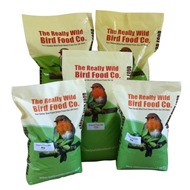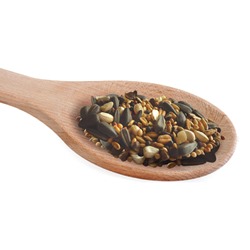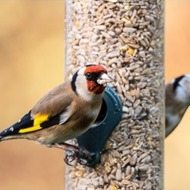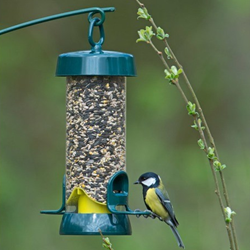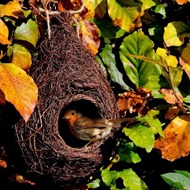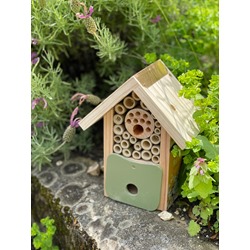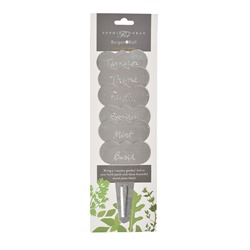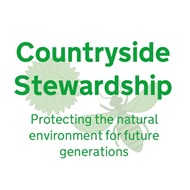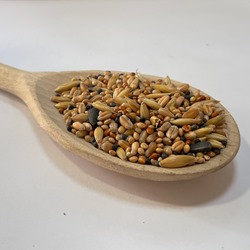
Here at Really Wild Bird Food we understand that if you love birds, you’re probably a fan of animals in general - and you might even have a furry friend of your own at home. If you’re letting your dog run around in the same area where you hang your bird feeders, it’s important to remember that not all bird-safe products are suitable for dogs.
In this blog, we will be delving into the topic of dogs and bird food, focusing on one question in particular: can dogs safely eat fat balls?
What Are Fat Balls?
Fat balls are a high-energy food source often used to feed wild birds. They typically contain a mixture of suet or lard, grains and sometimes dried fruits, as well as nuts or mealworms.
Fat balls are an important part of a varied diet for birds as they provide the essential energy and nutrients that our feathered friends need to stay healthy and energised. It is particularly important to offer fat balls in the cold winter months, when natural sources of high-energy food can be scarce.
Buy Fat Balls >>
Can My Dog Eat Fat Balls?
The high fat content in fat balls can makes them very attractive to dogs who are roaming the garden in search of a snack. Fat balls usually do not contain anything inherently dangerous to dogs, meaning ingestion in small amounts is unlikely to do them any harm. However, if consumed in large quantities, your dog may begin to experience some gastrointestinal upset that could lead to vomiting and diarrhoea.
Be aware that some fat balls do contain ingredients that are toxic to dogs, such as raisins and sultanas. Even a small amount of these dried fruits can cause kidney failure in dogs and lead to serious health issues, so it is essential that you check the ingredients in your suet before putting it anywhere that your dog can easily access.
In serious cases, the high fat intake caused by eating fat balls can lead to pancreatitis, an inflammation of the pancreas. Symptoms of pancreatitis include vomiting, diarrhoea, abdominal pain and lethargy.
If you have a dog with any kind of pancreatic disease, we advise strongly against allowing your pooch to eat any type of fat ball (or any of our other suet products, like our Suet Pellets or Suet Cakes). We also would recommend either restricting access to your bird feeding area or at least keeping a close eye on what your dog is picking up when out in the garden.
What Should I Do If My Dog Eats Suet?
If your dog ingests a small amount of suet, it is unlikely to do much harm and you may see no ill effects. If however, the dog gains access to a much larger quantity of suet, then you should monitor your dog closely for adverse symptoms. Vomiting may be evident and it would be prudent to increase the frequency with which you take your dog outside for a toilet break - since poo with a lot of fat present is a very unpleasant and unpredictable thing! If vomiting and diarrhoea persist or symptoms continue to worsen, you should make an appointment to see your vet as soon as is practicable. The vet will be able to prescribe medications to make your dog more comfortable.
Check out our best-selling fat balls today and give the birds in your garden the tasty treat they deserve! And if you do have pets, our Raisin-Free Ground Blend is a great choice for dog owners who want to feed the birds without putting their pup in danger.
Fat Balls for Birds Raisin-Free Bird Food
READ MORE: Is Bird Seed Bad for Dogs?
 Back
Back Bird Foods
Bird Foods
 Seed Mixes
Seed Mixes Straight Seeds
Straight Seeds Mealworms & Worms
Mealworms & Worms Chicken Feed
Chicken Feed Duck Food
Duck Food Peanuts & Peanut Butter
Peanuts & Peanut Butter Suet & Fat Balls
Suet & Fat Balls No Mess Bird Seed
No Mess Bird Seed Wheat Free Bird Seed
Wheat Free Bird Seed Sunflower Seeds
Sunflower Seeds Softbill Bird Food
Softbill Bird Food Bulk Bird Seed
Bulk Bird Seed Trial Packs
Trial Packs Pick & Mix
Pick & Mix Mini Pick & Mix
Mini Pick & Mix Birdie Basics: Budget Bird Food
Birdie Basics: Budget Bird Food Food for Small Birds
Food for Small Birds Back
Back Bird Feeders
Bird Feeders
 Seed Feeders
Seed Feeders Peanut Feeders
Peanut Feeders Peanut Butter Feeders
Peanut Butter Feeders Suet & Fat Feeders
Suet & Fat Feeders Window Feeders
Window Feeders Hanging Feeders
Hanging Feeders Feeding Stations
Feeding Stations Ground Feeders
Ground Feeders Easy Clean Feeders
Easy Clean Feeders Bird Tables
Bird Tables Seed Trays
Seed Trays Bird Baths & Drinkers
Bird Baths & Drinkers Feeder Accessories
Feeder Accessories Feeder Hygiene
Feeder Hygiene Squirrel Proof Bird Feeders
Squirrel Proof Bird Feeders For the Kids
For the Kids Niger Seed Feeders
Niger Seed Feeders Mealworm Feeders
Mealworm Feeders Bird Food Storage
Bird Food Storage Fat Ball Feeders
Fat Ball Feeders Tube Feeders
Tube Feeders



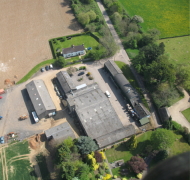 Our Farm
Our Farm
 Tips & Advice
Tips & Advice
Contact Us

